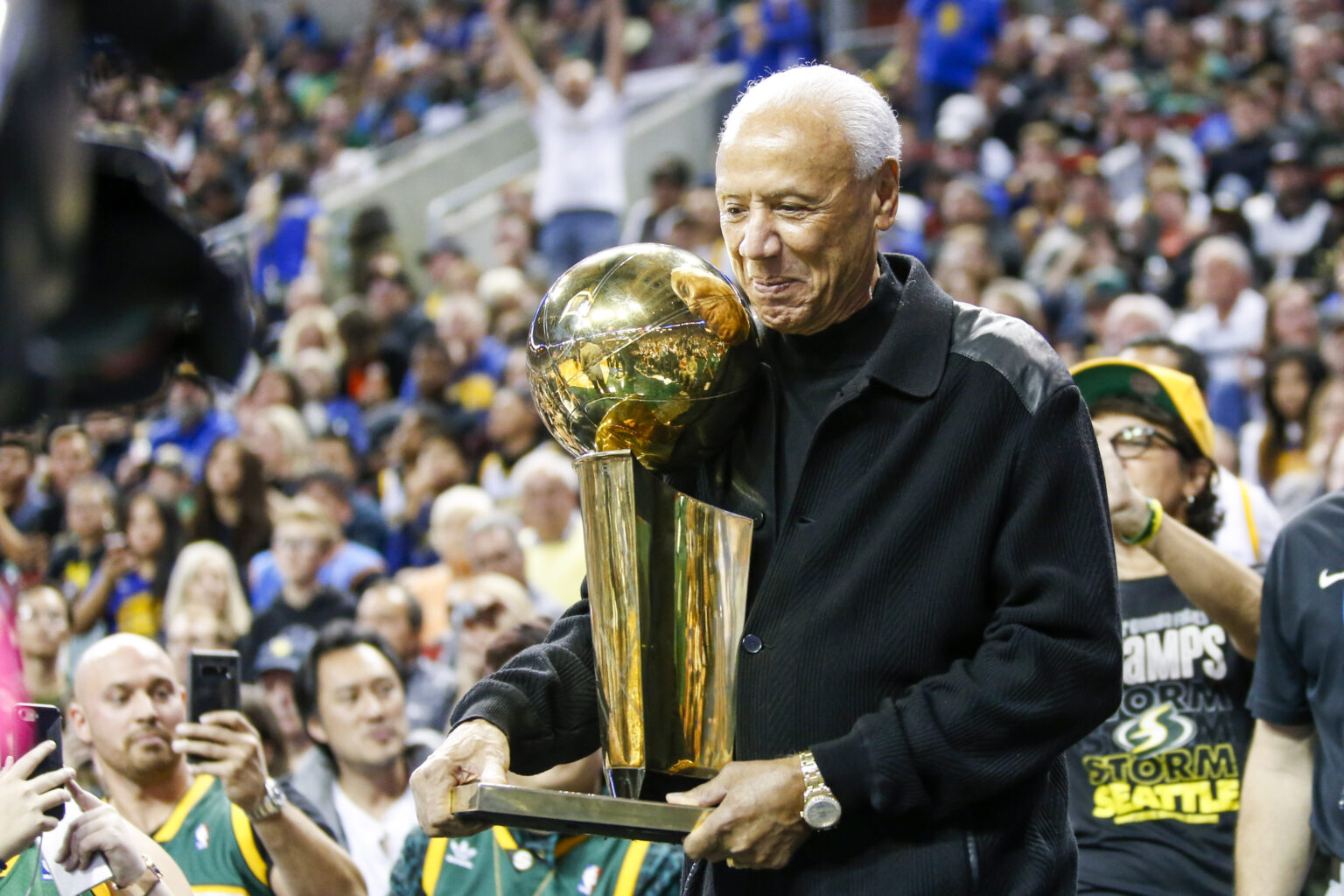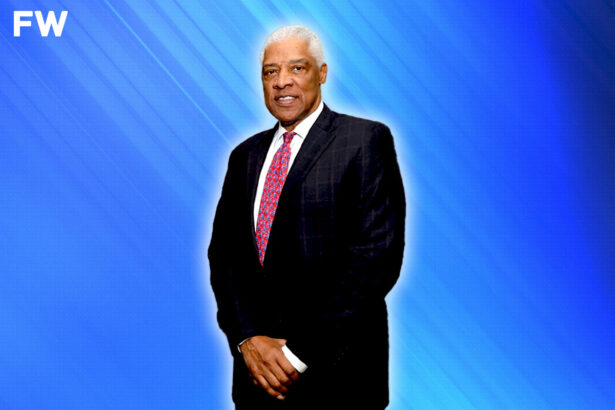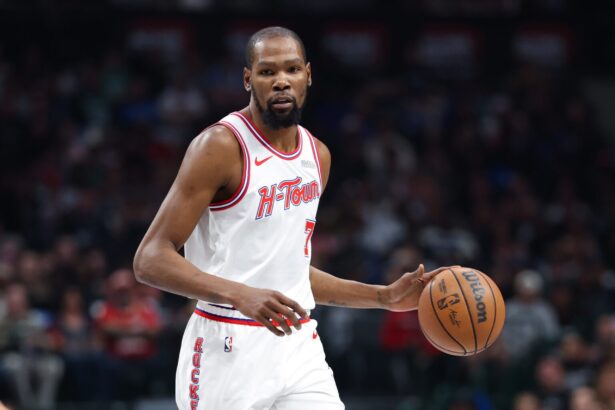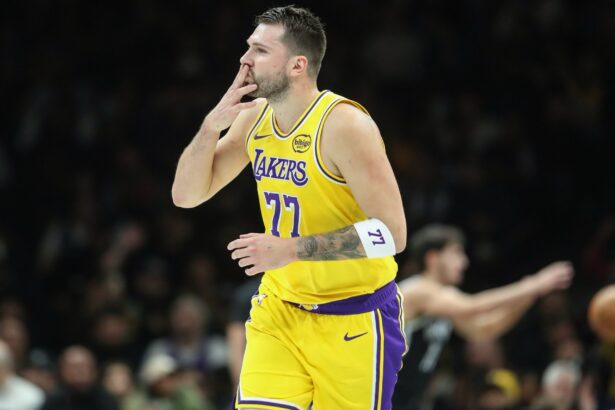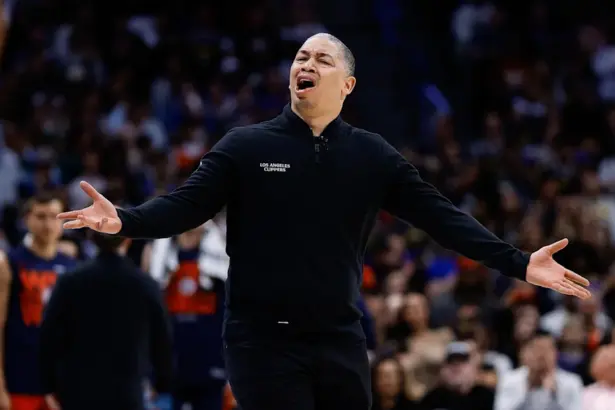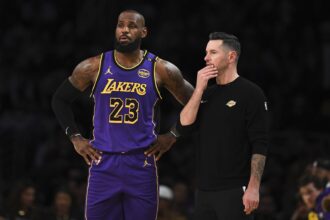On Sunday, November 9, 2025, the basketball world bid farewell to a very inspirational legend: Lenny Wilkens passed away at the age of 88. A man whose career stretched across more than 40 years, Wilkens was a standout point guard in the early years of the NBA, then as a coach whose longevity set a benchmark for the league.
In the wake of his death, teams, players and fans alike remember not just the statistics and trophies, but the leadership that defined his presence on and off the court. He earned enshrinement not once but three times in the Naismith Memorial Basketball Hall of Fame, as a player, as a coach, and as part of the U.S. Olympic coaching staff.
Let’s honor his storied career by tracing the milestones of his playing days, his coaching achievements, and his overall legacy.
1. Early Years And Collegiate Success
Before Wilkens became a household name, he was a youngster from Brooklyn who used the city’s playgrounds as his starting point. At Providence College, Wilkens was a two-time All-American, leading the Friars to their first NIT appearance in 1959 and to the finals in 1960.
His college years laid down the roadmap: court vision, leadership, and a willingness to let his game speak for itself. These traits later translated into his professional life and helped cement his status as a fundamentally sound player who impacted the game beyond the box scores.
2. NBA Career: A Nine-Time All-Star Guard
Selected No. 6 overall in the 1960 NBA Draft by the St. Louis Hawks, Wilkens began a 15-season playing career that would include stints with the Hawks, Seattle SuperSonics, Cleveland Cavaliers, and Portland Trail Blazers.
He averaged 16.5 points and 6.7 assists across 1,077 games, earned nine All-Star selections, and at one point finished second in MVP voting (1967-68) behind Wilt Chamberlain.
In Seattle, he posted his career-best scoring average (22.4 PPG) in his first season there (1969) and led the league in assists in 1970 (9.1 APG). In a time of big men, Wilkens offered a unique ability as a left-handed guard who could shoot, pass, manage tempo, and elevate those around him.
His numbers reflect a player of consistency and craft, rather than flashy overnight stardom. This consistency is what Wilkens was renowned for.
3. Transition To Coaching
Wilkens’ evolution from player to coach was gradual and seamless. In 1969, with the Seattle SuperSonics, he became a player-coach, one of the era’s few, handling both roles almost perfectly.
After retiring as a player after the 1975 season, he moved fully into coaching and took the helm of the Trail Blazers, then returned to Seattle, where the next chapter of his legacy would unfold. His years as a coach were fully based on his playing days: consistency, stability, and communication.
By embracing the sideline as a player-coach, Wilkens pioneered an approach where his past as a guard became the driving point for future coaching styles.
4. Championship Moment: 1979 NBA Title With Seattle
Perhaps the most celebrated highlight of Wilkens’ coaching career came in 1979 when he led the SuperSonics to their only NBA Championship. That title run transformed the franchise and pushed them into a new light.
Taking over mid-season, Wilkens instilled a team identity built on defense and sharing the ball. His ability to shift from playing to coaching, to manage personalities, and to encourage strong performance from his roster were truly extraordinary. The win cemented his place among coaching elites and validated the coaching journey that had begun while he was still a player.
5. Coaching Longevity And NBA Records
Beyond the title, Wilkens’ coaching resume is staggering. Between 1970 and 2005, he coached a record 2,487 NBA games, the most in league history at retirement.
He amassed 1,332 wins (at the time a record) and left the bench as one of the winningest coaches in NBA history. His career spanned multiple franchises, Seattle, Portland, Cleveland, Atlanta, Toronto, and New York, across 30-plus seasons.
During that time, he guided teams to 20 playoff appearances, nine 50-win seasons, and several deep runs that included the NBA title. What stands out is not just the volume, but the consistency. To coach at a top level across decades from the 1970s to the early 2000s is a rare feat.
6. Honors, Legacy, And Impact
Wilkens’ honors are numerous: Naismith Hall of Fame inductee as a player (1989) and as a coach (1998), and again as a member of the 1992 U.S. Olympic Dream Team staff (2010). He was named among the NBA’s 75 greatest players and within the league’s top coaches lists, a massive achievement.
Off the court, his influence was focused on mentoring players and coaches who would carry forward his values of integrity. A statue erected in his honor and a street named after him underscore the deep imprint he left on the city and the sport.
In the end, Wilkens’ legacy can be remembered not only for his resume but also for pure leadership in the game of basketball.

